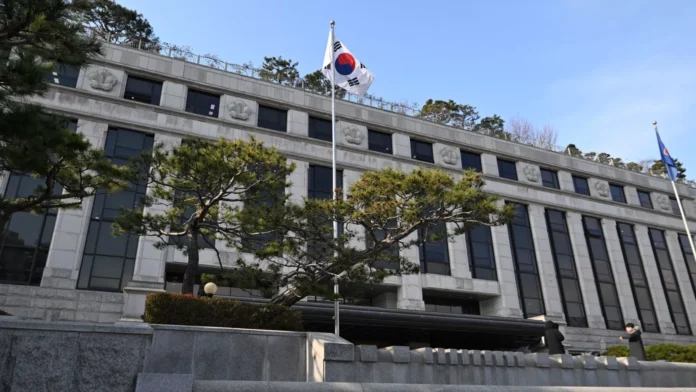In a dramatic turn of events, South Korea has issued an arrest warrant for its impeached former president, marking a pivotal moment in the country’s fight for justice and accountability. The charges stem from allegations of attempting to impose martial law during a political crisis, sending shockwaves through the nation’s political landscape.
The Allegations
The former leader, who was impeached amidst a corruption scandal, is now accused of orchestrating plans to implement martial law to suppress dissent and maintain control. Prosecutors allege that these actions were a blatant violation of democratic principles, aimed at silencing opposition and curbing freedom.
This latest development has reignited debates about political abuse of power in South Korea and the lingering impact of past administrations on the country’s governance.
What We Know So Far
Authorities are moving swiftly to bring the former president to justice. The arrest warrant, issued after an extensive investigation, includes claims that military force was considered to suppress protests during the political upheaval that led to their impeachment.
“Such actions, if proven, are a grave betrayal of the trust placed in the office of the president,” said a spokesperson for the prosecutors’ office.
Public Reaction
The news has elicited mixed reactions from South Koreans. While many are relieved to see the legal system taking action, others view this as a painful reminder of the nation’s turbulent political history.
Protestors and supporters have taken to the streets, with some calling for swift justice while others demand a fair trial. The polarizing nature of the case underscores deep divisions in public opinion regarding the ex-president’s legacy.
Global Implications
This case has also drawn international attention, as South Korea’s political system faces scrutiny from global observers. Experts believe the outcome could set a precedent for handling allegations of political misconduct in democratic nations.
“Accountability at the highest levels of government is crucial for maintaining public trust in democracy,” said a political analyst.





